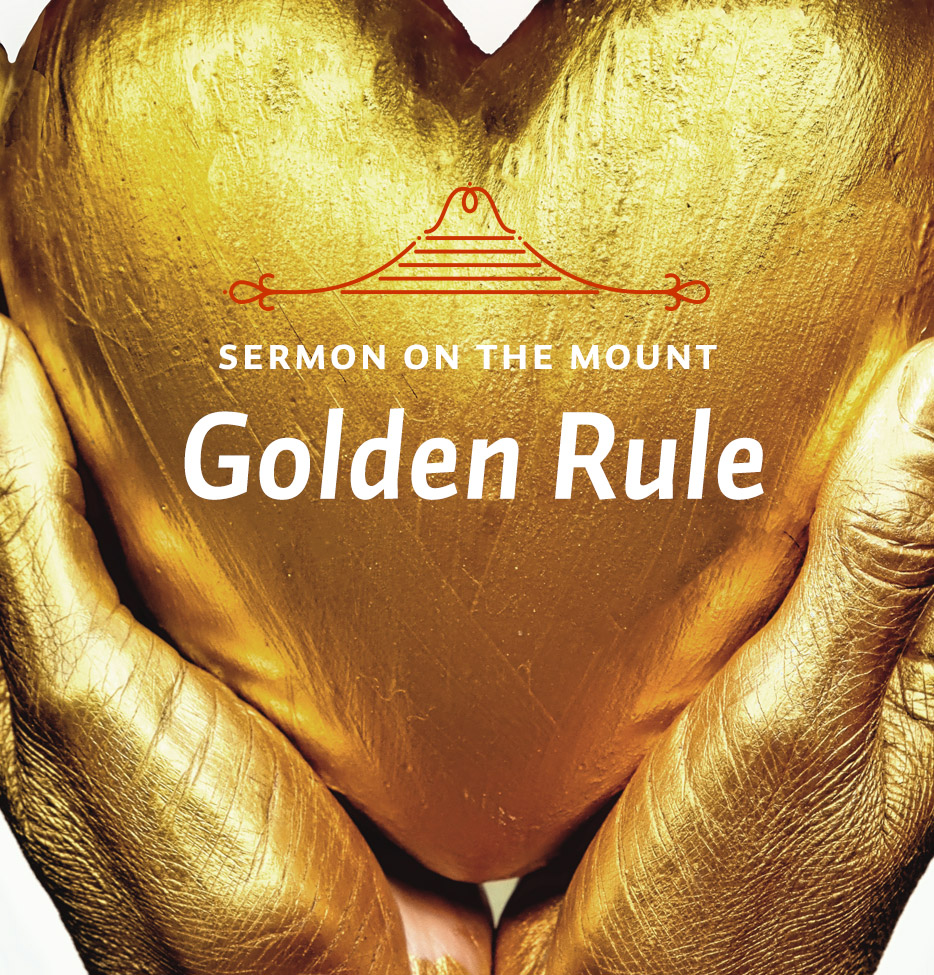During the first quarter of the nineteenth century, toward the end of Beethoven’s life, an unknown musician made a very small alteration in the construction of the harpsichord that subsequently altered the whole development of Western music. Before this time most of what we call piano music was composed for the harpsichord, but because of its design the music itself was quite limited. The strings of a harpsichord were plucked by a small hook, producing a sound even in intensity and similar to a harp. However, in this change, the hook was replaced by a hammer, so that the string was struck rather than plucked. This minute alteration made all the difference musically. For now, the dynamic range of the instrument was greatly increased. The harpsichord became a piano. And the way was paved for the dramatic and thrilling compositions of Rachmaninoff, Schumann, Brahms, Liszt, and Chopin. The development of music now revolved to a large degree around the piano, just as it had previously revolved around the organ during the Baroque era.
I tell this story to illustrate the kind of change that was brought into the realm of ethics by the teaching of Jesus Christ, and in particular the change that is embodied in the so-called Golden Rule, to which we now come in our studies. The Golden Rule, which is found in the seventh chapter of Matthew, verse 12, is probably the most universally praised statement that Jesus ever made. It has been called “the topmost peak of social ethics… the Everest of all ethical teaching.” But anyone who knows the history of ethics knows that this has resulted from the most minute change over the teachings of countless other religious teachers, philosophers, and rabbis.
What I mean is this. It is not at all difficult to find praiseworthy parallels to this saying in its negative form. Hillel, the renowned Jewish rabbi, once said to a follower, “What is hateful to yourself, do to no other; that is the whole Law, and the rest is commentary. Go and learn.” In the Book of Tobit, which was probably composed in the third century before Christ, there is a section in which the hero of the book tells his young son, “And what thou thyself hatest, do to no man” (Tobit 4:15). There is a story in The Letter of Aristeas of a Jewish scholar who instructed an Egyptian king, “As you wish that no evil should befall you, but to be a partaker of all good things, so you should act on the same principle towards your subjects and offenders, and you should mildly admonish the noble and good.”
There are many other examples. William Barclay, who lists these examples among others in his commentary, also cites parallels in the teachings of Confucius, Epictetus, the Stoics, and in the Hymns of the Faith of Buddhism. They are similar, but the point is that all of these sayings are negative. They say, “Do not do anything to anyone that you would not want them to do unto you.” Jesus presented the same truth positively, thereby inverting the saying and, of course, changing its scope immeasurably. Jesus said, “Therefore, all things whatsoever ye would that men should do to you, do ye even so to them; for this is the Law and the Prophets.”
Because of this apparently small change, it is correct to say that there is no real parallel to this saying. It is unique and altogether sublime. Barclay says, “This is something which had never been said before. It is new teaching, and a new view of life and of life’s obligations.”1
1William Barclay, The Gospel of Matthew (Philadelphia, PA: Westminster, 1958), vol. 1, 277.






